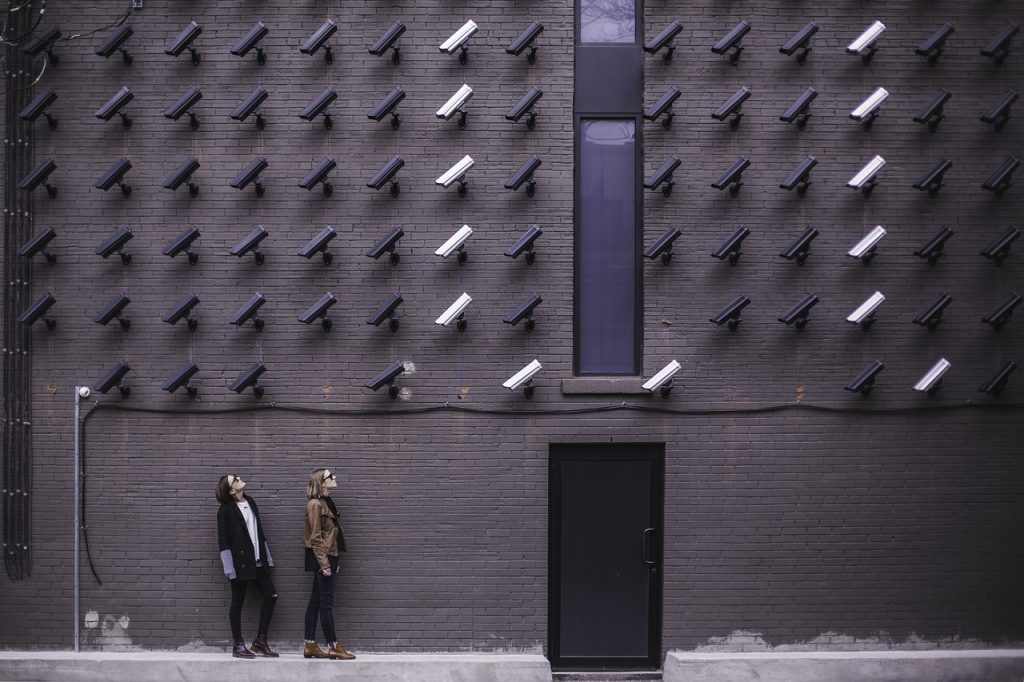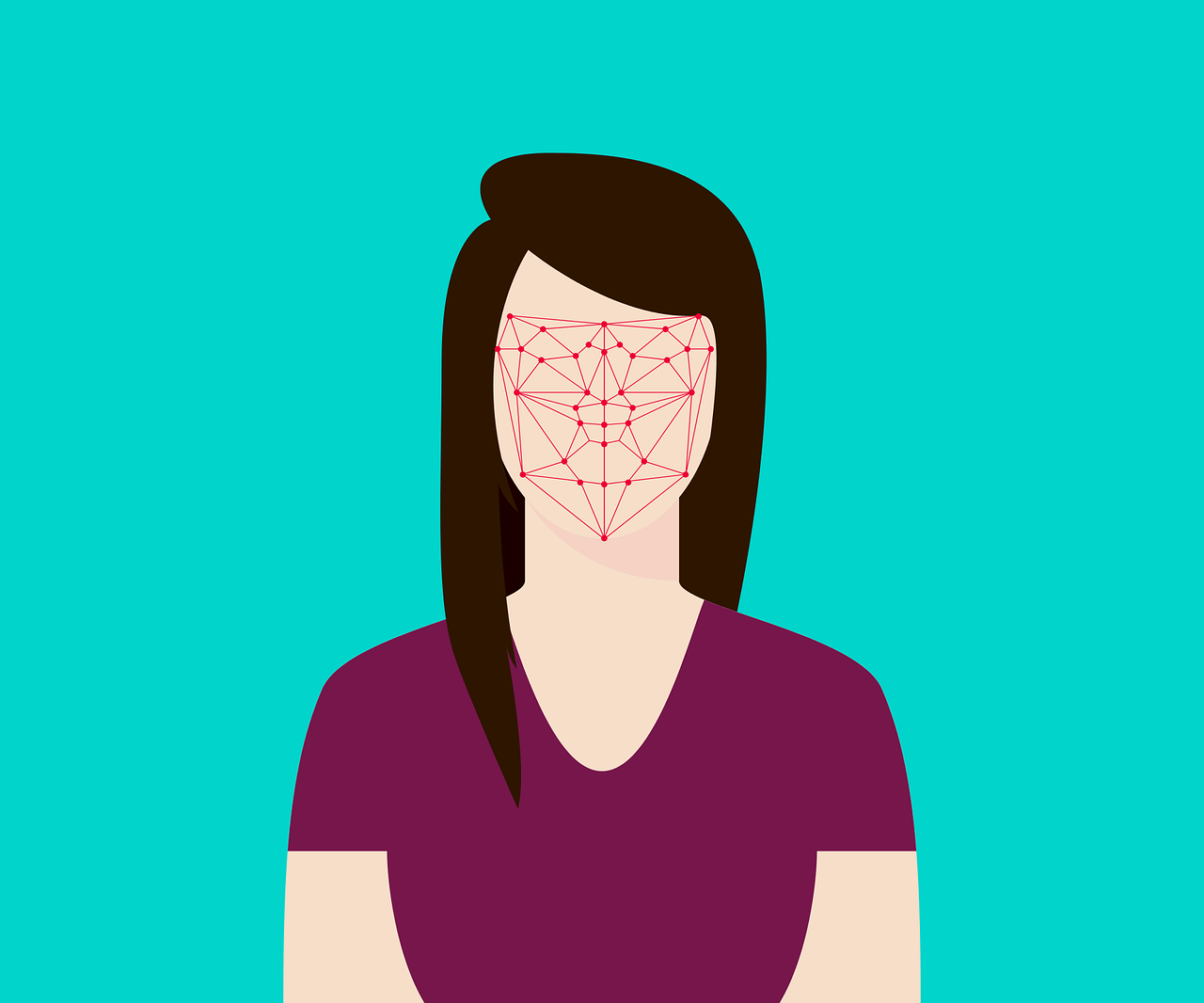The UK’s privacy watchdog is looking into the controversial use of facial recognition technology after campaigners raised concerns about the use of the surveillance method in central London.
On Monday, the owners of a 50-building development site in Kings Cross confirmed that they were using facial recognition technology – a type of camera which can cross-check surveillance footage against databases, most commonly for suspected criminals.
A spokesperson for King’s Cross development said that the use of the technology was “in the interest of public safety”.
However, the Information Commissioner’s Office said that the development should only use facial recognition technology if it was “strictly necessary” and it would “consider taking action” if they found the owners in “non-compliance with the law”.
Facial Recognition Controversy

Image Credit: CGP Grey/Flickr
Campaigners have argued that using facial recognition technology is a direct violation of privacy.
The cameras work by matching images with databases, but they aren’t always accurate, meaning there are false matches. These falsely matched images aren’t automatically deleted.
The technology has been rolled out across other parts of the country in shopping centres, football stadiums and at large street events such as Notting Hill Carnival.
Regulators shut down a trial that took place at the Trafford Centre in Greater Manchester after three months over worries that “too many ordinary people” were being monitored.
Use of intrusive and discriminatory facial recognition by private companies is a disturbing expansion of mass surveillance that threatens our privacy and freedom of expression.
Human Rights Advocacy Group, Liberty
Some police forces are also equipping uniformed officers with facial recognition technology, including South Wales Police who have provided 50 officers with an app which can carry out the checks, sparking legal action from a man whose picture was taken by officers.
South Wales police and crime commissioner Alun Michael said he was “committed to protecting human rights as well as keeping the public safe”.
However, Liberty, a human rights advocacy group, said that this type of technology was “intrusive, unnecessary, and has no place on our streets”.
The Right To Privacy

Image Credit: Pexels/Pixabay
Privacy is a fundamental human right. The right to privacy is explictly included in all of the major international and regional human rights instruments. Over 130 countries have constitutional statements regarding the protection of privacy.
Privacy is essential to autonomy and the protection of human dignity, serving as the foundation upon which many other human rights are built. It enables us to create boundaries and protect ourselves from unwarranted interference in our lives, allowing us to negotiate who we are and how we want to interact with the world around us.
It also protects us from arbitrary and unjustified use of power by states, companies and other actors. It lets us regulate what can be known about us and done to us, while protecting us from others who may wish to exert control.
Liberty believes that by using facial recognition technology, companies are directly violating the right to privacy.
“Use of intrusive and discriminatory facial recognition by private companies is a disturbing expansion of mass surveillance that threatens our privacy and freedom of expression. This authoritarian surveillance tool has no place in a rights-respecting society,” they added.







